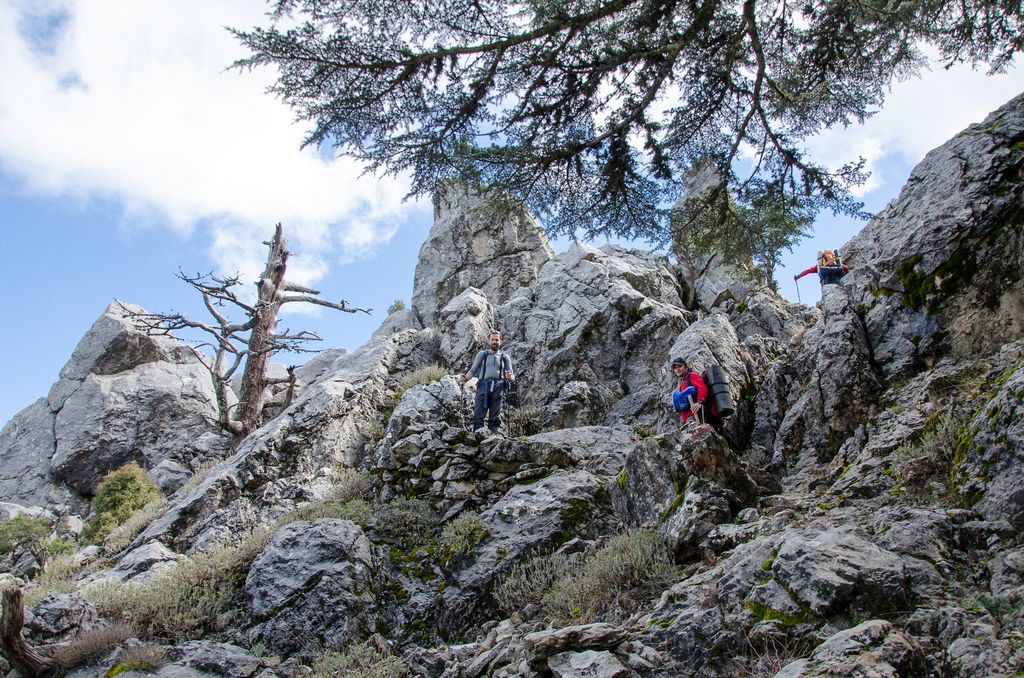Innovative Plastic Recycling Ventures Blossom in Spain
Revolutionizing Plastic Recycling in Spain: The INSERPLASA and STEINERT Story
It all began in the heart of Spain back in 1986, when two childhood friends turned general managers took the plunge into plastic recycling. Navigating uncharted waters, they embarked on a journey of exploration, learning the ins and outs of plastic recycling from the ground up. Their initial endeavors cemented the foundations for a company that would become a trailblazer in environmental solutions within Spain.
"In the beginning, we could sort bottles based on color. With time, labels came, making the task a bit trickier. Then, the situation became even more complicated. We needed help," recalls Juanjo Sánchez, a founder's son.
That help arrived in the form of a partnership with STEINERT. With STEINERT's advanced sorting technologies, INSERPLASA upgraded their operations, drastically enhancing both efficiency and quality. Juanjo remembers these changes as both challenging and rewarding; game changers that elevated INSERPLASA to the forefront of the recycling industry.
The Green and Gold Leap
The integration of STEINERT's NIR sorting systems, notably the UniSort PR EVO 5.0, transformed INSERPLASA's daily grind. These cutting-edge systems employ AI-based sorting programs and combine high-resolution Hyper Spectral Imaging (HSI) with color sensors to detect and sort complex plastic materials that were previously indistinguishable to the naked eye. This technological marvel enables INSERPLASA to produce PE, HD-PE, LD-PE, PP, and PET (polyethylene terephthalate) recyclates in diverse hues.
Sánchez emphasizes the significant impact these technologies have had on INSERPLASA's operations. Not only have they boosted the purity and quality of their recycled plastics, but they have also increased operational efficiency, allowing INSERPLASA to process a broader range of plastic materials than before, while reducing its energy consumption.
Today, INSERPLASA stands tall as a symbol of sustainability and innovation. Their commitment to manufacturing high-quality eco-friendly plastic products not only bolsters their market position but also reaffirms their dedication to our planet. Their expanded capacity and enhanced economic and environmental footprint serve as proof of a fruitful partnership with STEINERT. Together, they demonstrate how obstacles can be turned into opportunities, paving the way to a greener tomorrow.
"We were captivated by the robustness, the precision, and the quality convinced us. If you want quality, you have to pay for it," says Sánchez.
A Sustainable Alliance for a Greener Future
Plans are underway to introduce even more advanced sorting technologies to enhance the quality and efficiency of recycled plastics and penetrate new markets with STEINERT's technical prowess. "INSERPLASA has flourished not only because we excel at what we do but also by collaborating with companies that share our vision of taking recycling to the next level. We strive for continuous improvement, and with partners like STEINERT, I am confident we will succeed," says Sánchez.
This partnership represents a success story in fostering sustainability. By combining INSERPLASA's recycling expertise and STEINERT's technological acumen, they are creating a blueprint for a cleaner, greener world. "I am optimistic; I foresee strong and prosperous years ahead, though not without challenges," concludes Sánchez.
Insight: STEINERT’s Role in INSERPLASA’s Plastic Recycling Operations
STEINERT's advanced sorting technologies, chiefly their sensor-based systems and AI-driven object recognition, play a substantial role in improving the efficiency and effectiveness of plastic recycling operations, including those of companies like INSERPLASA in Spain. These technologies enhance sorting accuracy, increase recycling rates, reduce operational costs, and support the circular economy, thereby directly benefitting INSERPLASA's operations.
- Boosting Sorting Accuracy and Efficiency
- STEINERT's sensor-based systems use optical, near-infrared, X-ray, and electromagnetic sensors along with AI-driven object recognition to quickly and precisely distinguish among various plastic types and contaminants [1][4]. This leads to higher purity in sorted plastics, essential for INSERPLASA's ability to manufacture high-quality recyclates.
- Increasing Recycling Rates
- By accurately identifying and separating recyclable materials from mixed waste streams, STEINERT's technologies help maximize the recovery of valuable plastics, directly contributing to higher recycling rates [1][4].
- Cutting Operational Costs and Reducing Labor
- Automated and AI-driven sorting minimize the need for manual sorting, decreasing labor costs and human error. High throughput capabilities enable facilities like INSERPLASA to process substantial volumes efficiently [4].
- Supporting the Circular Economy
- The ability to consistently deliver pure, well-sorted plastics supports the manufacturing of high-grade recycled materials, which are essential for a thriving circular economy. This is increasingly important in Spain, where environmental regulations and sustainability goals are driving investment in advanced sorting solutions [4].
Context: Spain's Plastic Recycling Industry
Recent infrastructure developments, such as new light packaging plants like VAERSA's facility, showcase the shifting trend toward integrating advanced sorting technologies to boost plastic circularity in Spain [5]. Although these examples focus on other companies, the underlying principles—utilizing cutting-edge sorting to boost quality, efficiency, and recycling rates—are undoubtedly applicable to INSERPLASA's operations if they adopt similar technologies.
Summary
STEINERT's advanced sorting technologies significantly boost the efficiency and quality of plastic recycling operations by improving accuracy, efficiency, and output quality. These benefits are directly applicable to INSERPLASA, enabling more effective waste management and supporting Spain's sustainability and circular economy goals. Together, INSERPLASA and STEINERT demonstrate how innovation and environmental responsibility can complement each other in creating a greener future [4][1].
- As INSERPLASA continues to strive for innovation in the plastic recycling industry, they plan to implement even more advanced sorting technologies to improve the quality and efficiency of their recycled plastics and expand their market reach, demonstrating the power of technology and business collaboration in fostering a greener future.
- The partnership between INSERPLASA and STEINERT not only epitomizes sustainable business practices but also serves as a shining example of the role finance plays in promoting technological advancements in environmental-science sectors like plastic recycling, ultimately contributing to a more sustainable, circular economy in Spain and beyond.






